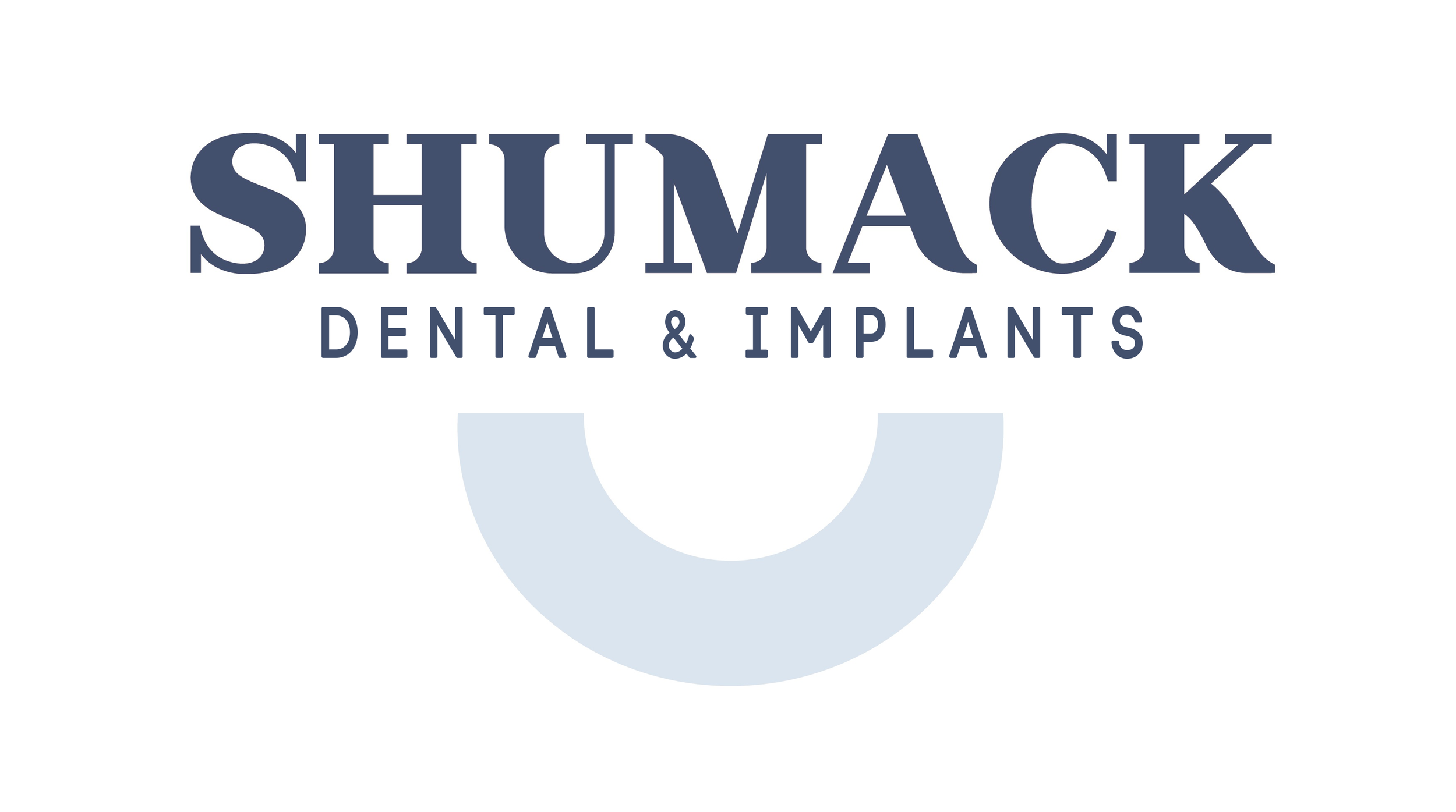A short spiel on grinding
Wake Bruxism:
When it Happens: Teeth grinding or clenching when you're awake and aware of it.
Why it Happens: Can be due to stress, anxiety, or just a habit during the day.
Consequences: It can cause jaw pain, headaches, and damage to your teeth.
Can You Control It?: Since you're aware of it, you might be able to consciously try to stop or reduce it.
Night Bruxism:
When it Happens: Teeth grinding or clenching when you're asleep and unaware of it unless someone tells you or you notice symptoms in the morning.
Why it Happens: Often linked to stress, sleep disorders, or how your teeth fit together.
Consequences: It can also lead to jaw pain, headaches, and tooth damage, but it can also mess with your sleep.
Can You Control It?: It's harder to control because it happens when you're asleep, but things like mouthguards or stress reduction techniques might help.
In short, wake bruxism is when you grind or clench your teeth while awake, and night bruxism is when it happens while you're asleep. Both can cause similar problems, but night bruxism is trickier to deal with because you're not conscious when it's happening.
How can it be managed?
Bruxism can be treated through various methods depending on the severity and underlying causes. Here are some common approaches:
Mouthguards or Splints: Custom-made mouthguards or splints (also called occlusal appliances) can be worn during sleep to protect teeth from damage caused by grinding or clenching. These devices can also help to alleviate jaw pain and headaches.
Stress Management: Since stress and anxiety are common triggers for bruxism, techniques such as relaxation exercises, meditation, counseling, or therapy may help reduce the frequency and intensity of grinding or clenching episodes.
Behavioral Therapy: Cognitive-behavioral therapy (CBT) or biofeedback therapy can help individuals become more aware of their bruxism and learn techniques to modify or control the behavior.
Medication: In some cases, medications such as muscle relaxants or antidepressants may be prescribed to alleviate muscle tension and reduce bruxism symptoms. However, these medications are typically used for short-term relief due to potential side effects.
Dental Correction: If bruxism is caused by dental issues such as misaligned teeth or an abnormal bite, orthodontic treatment or dental adjustments may be recommended to correct the underlying problem.
Lifestyle Changes: Avoiding caffeine, alcohol, and nicotine, especially close to bedtime, may help reduce bruxism symptoms. Additionally, practicing good sleep hygiene, such as maintaining a regular sleep schedule and creating a relaxing bedtime routine, can promote better sleep quality and potentially decrease bruxism episodes.
Treatment of Underlying Conditions: Addressing any underlying medical conditions or sleep disorders that may contribute to bruxism, such as sleep apnea, can also help manage the condition.
It's essential to consult with a dentist or healthcare provider to determine the most appropriate treatment plan based on individual circumstances and needs. In many cases, a combination of approaches may be most effective in managing bruxism and its associated symptoms.
